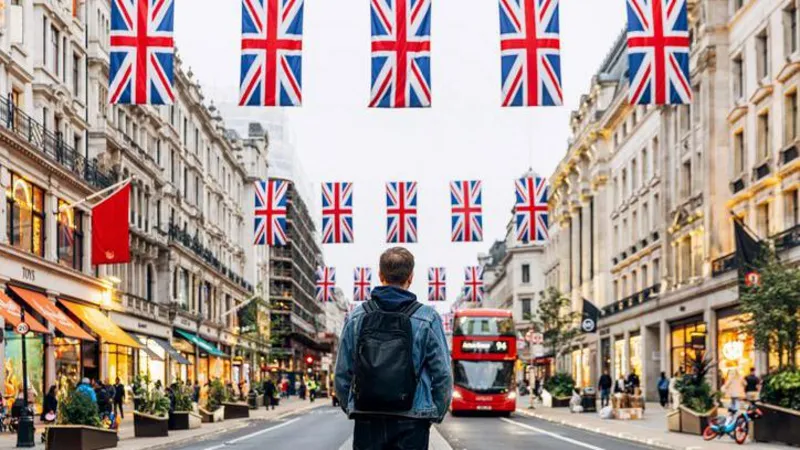London is poised to introduce a tourist levy on overnight stays for the first time, as the UK government prepares to grant new taxation powers to mayors through the English Devolution and Community Empowerment Bill.
Chancellor Rachel Reeves is expected to devolve the authority to impose the charge, a move long championed by Mayor Sadiq Khan, who has argued that the capital is missing out on significant revenue.
Estimates suggest a tourist tax could raise up to £240m annually. In 2024 alone, London recorded 89 million overnight stays.
England is currently the only G7 nation where central government blocks local authorities from implementing tourist taxes, despite similar levies already operating in Scotland and Wales.
Under the Scottish model, councils can set a percentage-based charge, while Wales will begin collecting a flat £1.30 per night from 2026.
A recent Centre for Cities briefing, commissioned by the Greater London Authority (GLA), examined models used in global cities such as Paris, Munich, Milan, New York, Toronto, and Tokyo.
The analysis concluded that London would be best suited to either a percentage rate or flat-fee system, given the absence of a national accommodation star-rating structure.
Previous GLA estimates suggest a £1-per-night levy could raise £91m annually, while a 5% rate could generate £240m. The think tank also found that visitor numbers were unlikely to drop significantly if the levy mirrored those in other major tourist destinations.
Supporters argue that additional revenue could strengthen infrastructure, improve public services and support local economies across London’s boroughs. Westminster Council, home to many iconic landmarks, has advocated for the tax for years to help balance the strain on local funding caused by high tourist footfall.
However, the hospitality industry has pushed back. UK Hospitality chair Kate Nicholls said the proposed levy would burden domestic travellers and risk deterring visitors.
Critics also warn that London already has high VAT rates, meaning tourists face “a tax on a tax.”
Khan’s office welcomed the principle but said it would wait for official confirmation before taking further steps. For now, the tourist tax remains expected but not yet guaranteed.



